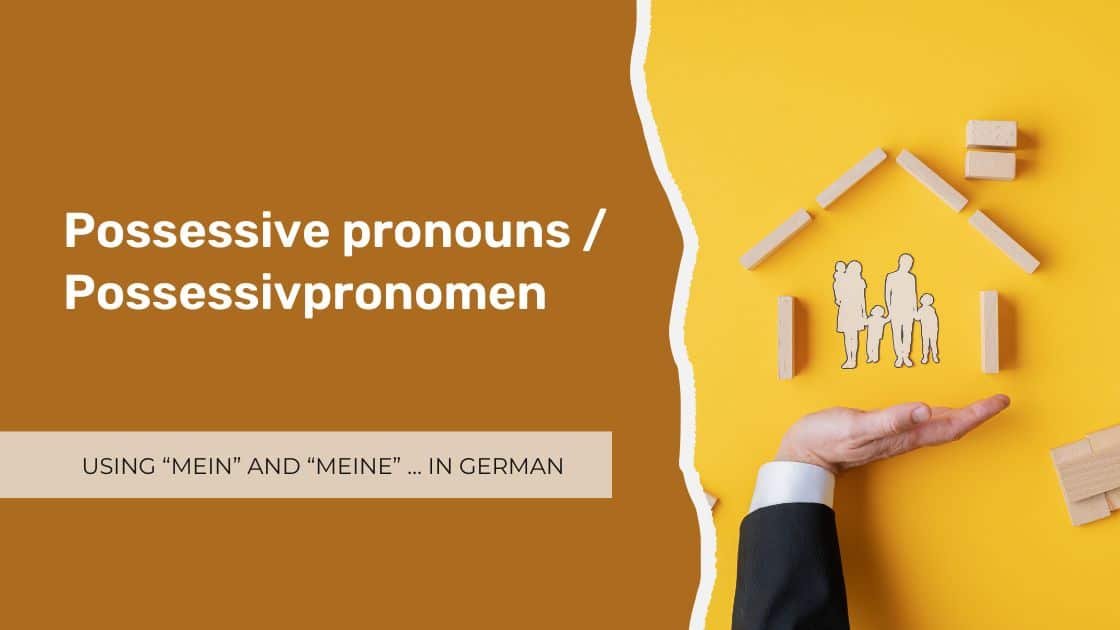Search blog
The difference between "meistens" and "am meisten"
Often students get confused regarding the German "meistens" and "am meisten". Find out everything you need to know in this article!
German sentences with simultaneous action
Get to know how to express simultaneous actions in German by using "wenn", "beim", "während" & "als" . Find out everything in this article.
How to use the German verb werden
Many students get confused by the German verb “werden”. In this article, you’ll get to know when and how to properly use it!
Lingopie – Learning a new language with television
Do you study German and love watching TV shows all the time? Find out how to watch movies with subtitles by using Lingopie!
How to use “trotz” and “trotzdem” in German
If you want to know when and how to use “trotz” and “trotzdem” in a German sentence, check out this article!
How to use “obwohl” in a German sentence
If you are still unsure, how to use “obwohl” in a German sentence, stop searching and read everything you need to know in this article.
Possessive pronouns – using “mein” and “meine” … in German
Many get confused when it comes to Possessive pronouns in German. Get to know when you should use “mein”, “meine”, “meinen” etc.
The difference between “wollen” and “möchten”
Many get confused about the difference between “wollen” and “möchten” in German. Get to know everything about those two verbs!
- Vocabulary
- Passive
- False friends
- Nouns
- Dativ
- Difference
- A2
- Plusquamperfekt
- Adverbs
- Conjunctions
- Questions
- verbs
- Word order
- Abbreviations
- Nominativ
- Relative clauses
- Pronunciation
- Perfekt
- Question words
- B1
- B2
- Genitiv
- Pronouns
- Adjectives
- Akkusativ
- German online course
- German expressions
- Learning methods
- Negation
- Article
- German idoms
- Time
- Formal speech
- Numbers
- Prepositions
- Possessive pronouns
- Comparison
- Seasons
- Separable verbs
- Futur 1
- Interrogative pronouns
- Date
- Irregular Verbs
- Partizip 2
- Werden
- German Grammar
- Umlauts
- Modal verbs
- Verbs
- Auxiliary verbs







